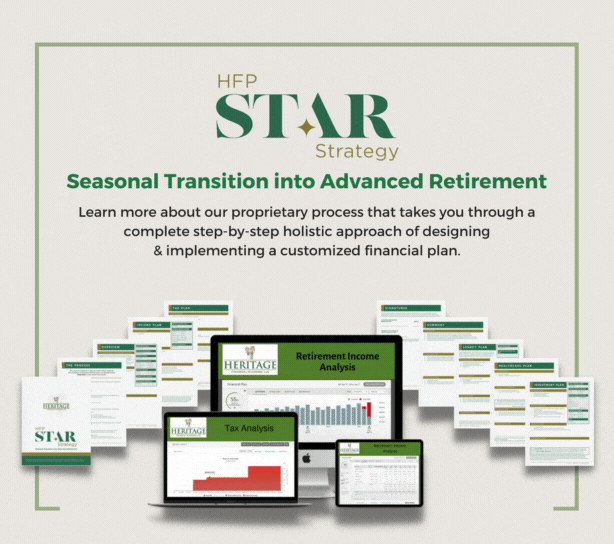As you enter your “golden years,” perhaps you imagine yourself traveling, visiting grandchildren, or pursuing a favorite hobby. Unfortunately, none of us can predict what the future may bring. But, according to the U.S. Department of Health and Human Services (HHS), more than 70% of individuals over the age of 65 will ultimately require some form of long-term care (LTC).
LTC refers to a wide range of medical, rehabilitation, personal care, and social services, whether in a nursing home, assisted living facility (ALF), or at home, for those who need assistance due to an illness or disability. If you should need LTC at some point, your world could change significantly, affecting your quality of life and your finances. For example, the national average cost of a semi-private room in a nursing home is more than $220 per day, which may be higher or lower in certain parts of the country (HHS) and will continue to rise.
Who Pays?
Many people believe that Medicare covers the cost of LTC. However, Medicare does not cover custodial or personal care, and skilled nursing home care coverage is limited. By default, Medicaid funds LTC but generally requires recipients to substantially reduce their assets by “spending down” before becoming eligible for assistance.
Unless you plan ahead, the high cost of LTC could deplete a lifetime of hard-earned savings. For couples, this is especially challenging because one spouse may live for many years after his or her partner requires LTC. Whether you are single or married, LTC planning now may allow you to make appropriate choices for you and your family. Here are some important considerations concerning your future payment of LTC:
Medicare does not cover LTC. Medicare covers some nursing home costs but only for skilled care, which is medically necessary for a limited period after a patient is released from a three-day stay in the hospital. Depending on the medical necessity, Medicare may also pay for skilled care at home for a limited time.
Medicaid covers LTC with strict eligibility requirements. Medicaid is the primary payer of LTC services in the U.S. (Life Care Funding). Medicaid also covers a limited amount of services offered at home, and in the community, for those who might otherwise require nursing home care. Without planning, you may be required to substantially reduce or nearly exhaust your financial resources before meeting Medicaid’s strict financial qualifications.
Those ineligible for Medicaid generally use personal assets. Unless you are covered by LTC insurance, you may have to rely on your personal funds before becoming eligible for Medicaid. With the rising costs of extended care, you could deplete your savings quickly with an LTC event, leaving few or no assets for your spouse and future generations.
LTC insurance can help pay for extended care. Private LTC insurance can be used to help cover the cost of care. You may want to consider having a policy benefit period that is at least as long as Medicaid’s “look back” period (a five-year time period during which the transfer of assets can result in the disqualification for Medicaid), so that you may be able to protect your assets from being used to cover the cost of LTC.
Covering All the Bases
By planning today, you may help ensure that you have the financial resources for quality LTC in the event you need it while easing the caregiving burden on your family and loved ones. We are qualified insurance professionals who years of experience in LTC planning.
At the end of the day, it’s always better to be safe than sorry. That’s why we believe it’s critical to consider life and long-term care insurance needs as a part of our HFP S.T.A.R. Strategy process.

Click here to learn more about our HFP STAR Strategy process.
With our HFP S.T.A.R Strategy, you can take the necessary steps to help ensure a secure and peaceful financial future – something you’ve spent your whole life striving for. Our process will guide you through each step of retirement planning so that nothing is left unaccounted for in achieving this goal.
Ready to get started? Schedule your no-cost, no-obligation meeting with us today! Call our office at (574) 606-4406.
Source:
Copyright © 2022 Liberty Publishing, Inc. All rights reserved. Distributed by Financial Media Exchange.












